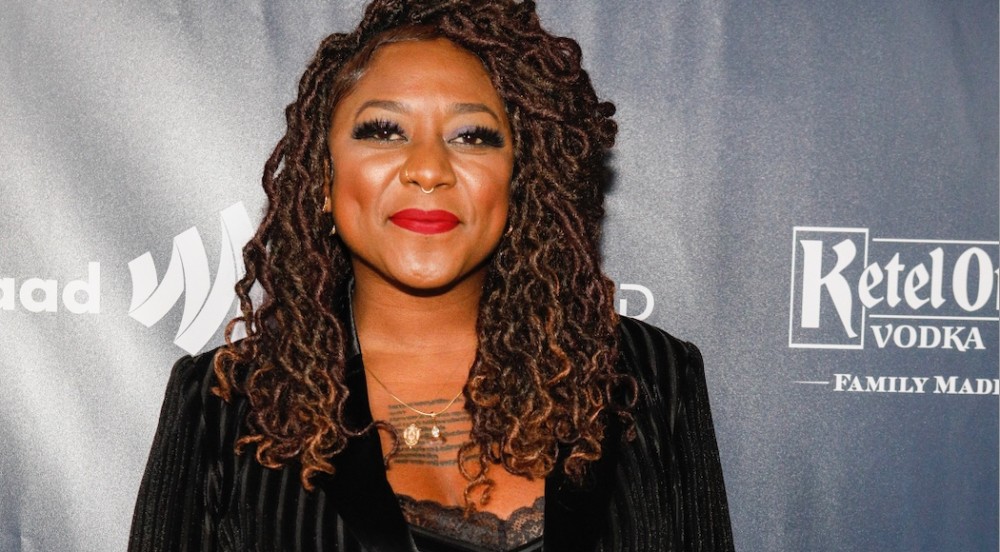In 2018, civil rights activist Alicia Garza set out to do something that had never been done in modern history. Coined the Black Census Project, Garza, through her then newly-established advocacy group, Black Future’s Lab, conducted the largest survey of Black people in America in over 150 years. More than 30,000 respondents shared their insight and concerns, allowing the organization to paint a better picture of what Black communities were experiencing and the hopes they held for the future.
“This was of course important because it made sure that the concerns and the needs of Black communities were at the table when decisions were being made about public policy,” says Garza of the 2018 survey.
This year Garza and Black Future’s Lab are at it again, hoping to engage more than 200,000 respondents in the most recent “Black Census” being conducted now. To do so, the group dreamed up National Black Census Month. This August the organization is hosting a series of "family reunions" with partners across the country to get the input of the Black community during Black August, a commemoration of the fallen freedom fighters of the Black Liberation Movement.
“This is an effort to bring us together in unity, to really make sure that we establish August as a time when our families get back together to make a plan for how it is that we're going to impact politics so we can be powerful in it,” says Garza. “This is also a historic month for Black communities in general. It's Black August, a time where we rededicate ourselves to freeing our people who have been imprisoned due to political activity.”
Garza explains that the group’s newest endaevor is much like the Black Census Project Roadshow they previously embarked on for the 2018 Black Census. “We went back to some of the places we collected data from previously,” Garza says. That includes events in Florida, New York, and Georgia earlier this month, with additional events in Birmingham, AL, Chicago, and San Francisco coming up.
“We ended up in a bunch of different places throughout the country, gathering community members, community organizations, elected officials and local press,” Garza says of the 2018 effort she is hoping to emulate. “Not just to talk about the results of the survey, but also to project forward what it is that we can accomplish together.”
Though much has changed in the landscape of this country over the last four years, the elevation of Black voices in the politicalsphere is still needed. Garza expects that the current Black Census will once again help inform a legislative agenda and activate and energize Black voters to participate in upcoming elections.
“We're hoping this year to become the largest survey of Black people ever conducted in the history of this country,” Garza excitedly shares. “And this year, we're also asking some new questions that were not present in the 2018 Census. We're asking people about COVID-19 and their experiences and the impact that the pandemic has had on our communities. And we're also asking people new questions about white nationalism and white nationalist violence.”
Garza’s wish is that the data collected will help discern the path forward as we move toward 2024. That includes establishing legislative priorities needed to build back bolder for Black America. “How do we put those pieces in place so that we can maintain the victories that we've won over the last six years?” Garza asks. “That’s what we’re hoping to discover.”
The last few years have been trying for the Black community. From police violence to white nationalist violence, in addition to the overwhelming impact of COVID-19 on our communities. “Things have been tough,” Garza says. “And so we thought to ourselves, summertime in our communities is always for family reunions. And in advance of the midterms, it's time for a family reunion. We got to figure out how to get our groups back. In establishing Black Census Month this year we’re hopeful that it will continue into the future as an opportunity for us to ground ourselves in what it means to come together and build a collective agenda to make change.”













